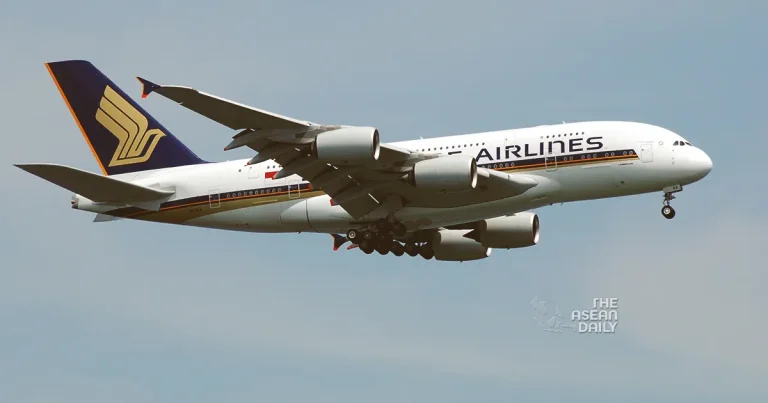11-12-2024 (GENEVA) Singapore Airlines (SIA) has become the latest major carrier to join a global turbulence data-sharing platform, marking an important step forward in aviation safety measures.
The International Air Transport Association (IATA) announced that SIA and its low-cost subsidiary Scoot have signed up to its Turbulence Aware programme, alongside British Airways and Asiana Airlines. The platform, which now boasts more than 25 participating airlines, enables real-time sharing of turbulence data amongst carriers.
This development comes in the wake of a tragic incident in May when an SIA flight from London to Singapore encountered severe turbulence over Myanmar, resulting in one fatality and multiple injuries. The national carrier began utilising the platform from 1 November, enabling its flight crews to access live turbulence data for enhanced route planning.
An SIA spokesperson confirmed that the airline had previously employed various technological solutions for weather and turbulence management, with the Turbulence Aware platform now supplementing existing capabilities. “This represents another step in our ongoing commitment to passenger safety,” the spokesperson noted.
The IATA platform, launched in 2019 with just two airlines, has expanded significantly, now processing data from over 2,600 aircraft—approximately 7% of the global commercial fleet. To date, it has collected more than 180 million turbulence reports, providing participating airlines with instantaneous access to crucial flight safety information.
Stuart Fox, IATA’s flight and technical operations director, emphasised that while the platform serves as an additional safety measure, it does not guarantee turbulence-free flights. “The consistent use of seatbelts remains the primary safety measure for passengers,” Fox stated.
The initiative marks a departure from traditional methods of turbulence reporting, which relied heavily on pilot observations and weather forecasts. The new system enables automated, objective data sharing amongst participating carriers.
Meanwhile, IATA Director-General Willie Walsh addressed concerns regarding Singapore’s Changi Airport’s post-pandemic recovery. Despite robust growth, passenger numbers through November 2024 reached 98.9% of 2019 levels, slightly below full recovery expectations. Walsh attributed this to broader regional challenges, including aircraft delivery delays and ongoing engine maintenance issues affecting the Asia-Pacific aviation sector.
Walsh expressed optimism about Changi’s future prospects, noting its enduring appeal as a global aviation hub. “The current challenges are temporary and external to both the airport and airlines,” he assured, citing particular interest from other airports, including Geneva, in establishing direct connections with Singapore.




